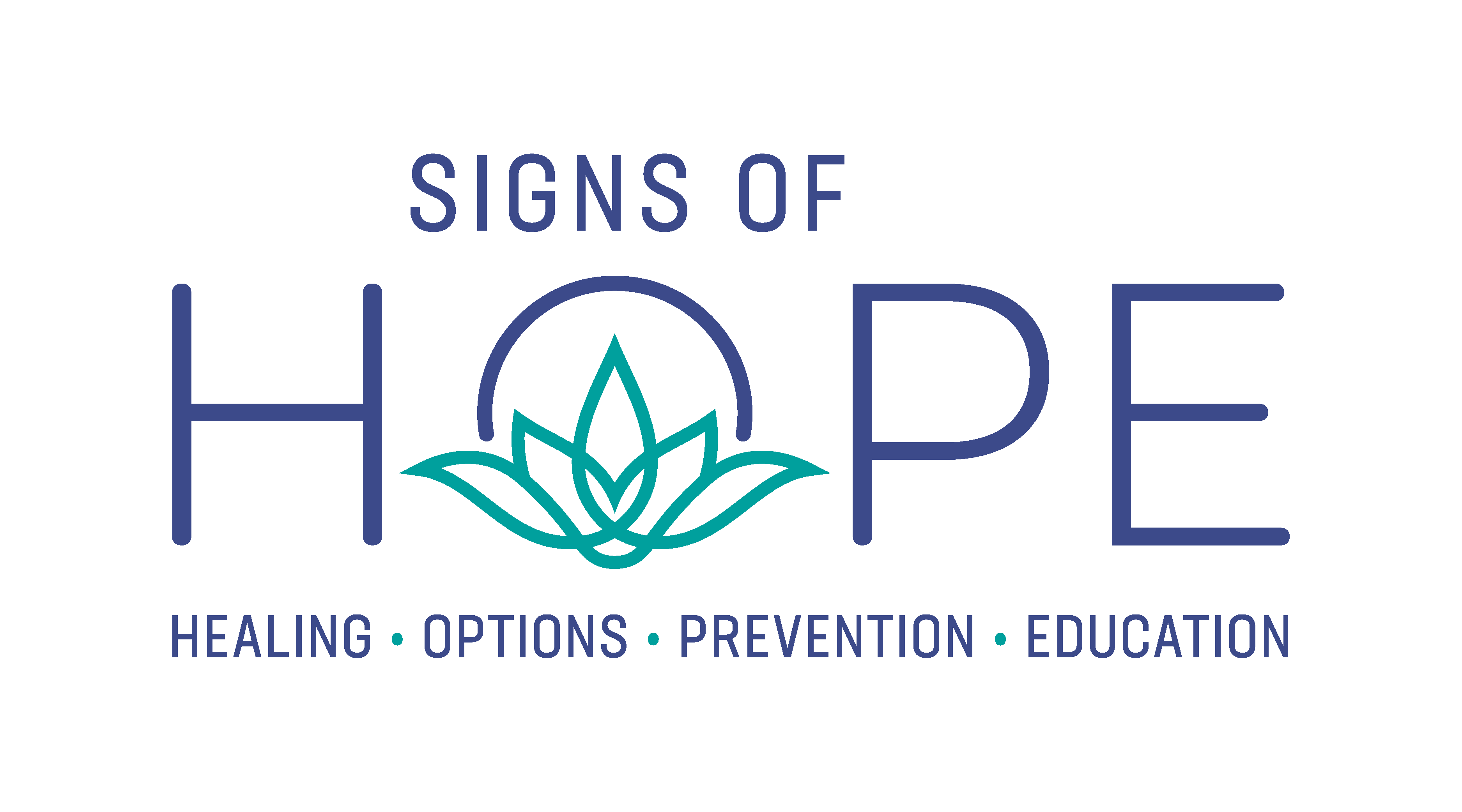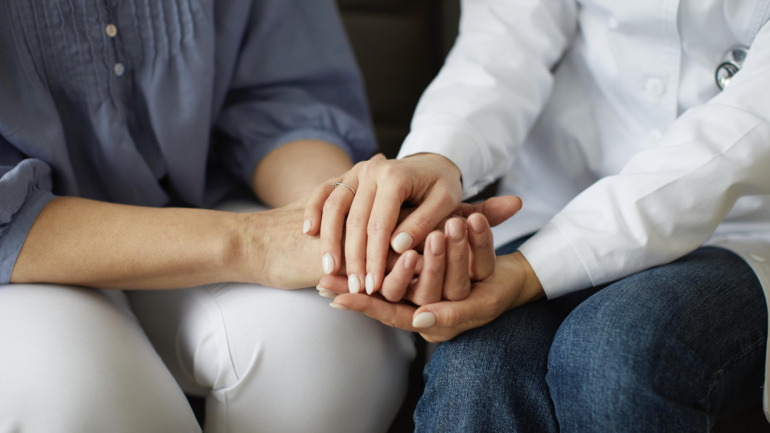The Atlanta shooting earlier this year resulted from an intersection of racism, sexism, and anti-sex-worker stigma that is not new to women of Asian descent. Historically in the US, racism and sexism have always intersected to create the hypersexualization of Women of Color.
Sexualization is another way of saying sexual objectification, in which a person or group of people is treated as a sexual object instead of a person. When we talk about hypersexualization in this context, we are identifying the ways in which this dehumanizing objectification disproportionately affects Women of Color.
The exact stereotypes vary from group to group, the “spicy Latina”, the “submissive Asian woman”. But what all of these variations have in common is that they characterize Women of Color as more sexually available than white women. In short, a woman is automatically assumed to be “asking for it” based on her (perceived) race.
Hypersexualization functions as a kind of preemptive victim blaming. By characterizing whole groups of women as not chaste, not pure, not “good”, it gives predatory men permission to victimize them with impunity. The consequences have always been violent, and often deadly. Sexual violence has been used as a tactic to terrorize and control oppressed people throughout US history, and the consequences are still felt today. Women of Color continue to experience disproportionately high rates of violence and homicide, and are still less likely to receive justice.
The shooting in March was just the latest manifestation of the particular brand of racist hypersexualization that has been used to oppress Asian communities for generations. Asian women, regardless of their ethnicity, have been stereotyped and fetishized as simultaneously exotic/forbidden and submissive/subservient/eager to please. Asian women are also very specifically stereotyped as sex workers, especially in connection to the spa/massage industry.
In many ways, the Atlanta shooting was a perfect microcosm of the ways in which Asian women are hypersexualized in this country. Authorities, and many other public voices, insisted that the murders couldn’t be racially motivated because the perpetrator claimed to have a sexual motive. But when we understand the ways in which Asian women specifically have been fetishized in our culture, it becomes obvious that theses murders can only be explained by the intersection of oppressions.
The perpetrator claimed he acted to “eliminate his temptations”. But it matters that he saw Asian women spa workers as the “temptation”. He didn’t, for example, blame internet pornography for his “addiction”. He didn’t fly to London to attack the OnlyFans corporate headquarters. This perpetrator chose to victimize Asian women exclusively, because of his sexist AND racist fetishization of them.
Like so many Women of Color before them, the victims of the Atlanta shooting were pre-blamed for their own murders. It wasn’t the perpetrator’s fault, he had an addiction, he couldn’t control himself, he had no choice but to eliminate these women whose sexual availability tempted him.
As long as we continue to ignore the role that racism plays in rape culture, perpetrators will keep targeting Women of Color. Gendered violence affects women of all identities, but it doesn’t affect them all in exactly the same way. Unless we insist on calling crimes like this what they are, sexist AND racist, we will continue to leave entire communities unheard and unprotected.


